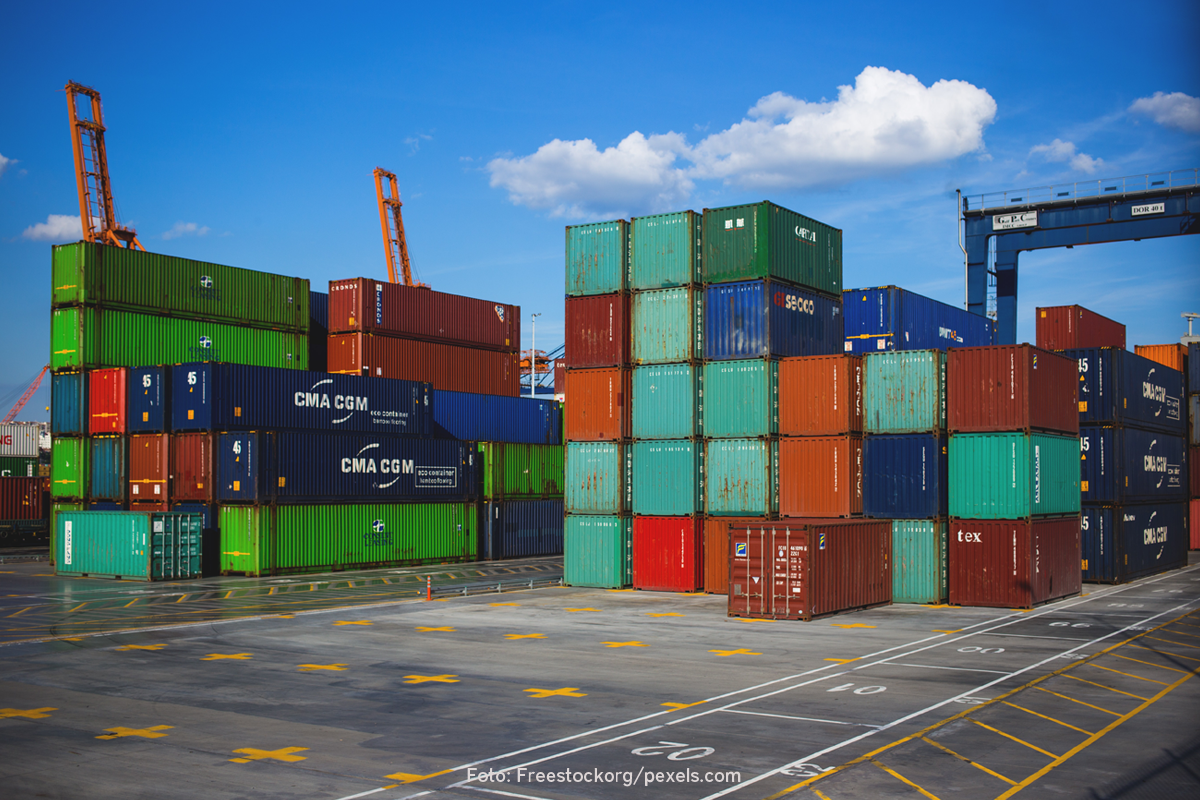Additional Tax Incentives for the Recipient of KITE Facilities Revoked
Tuesday, 16 August 2022

The Directorate General of Customs and Excise (DJBC) has revoked the provision of additional incentives for companies receiving the Import Facility for Export Purposes (KITE).
These additional facilities were previously provided in order to overcome the impact of the Covid-19 pandemic, through the Regulation of the Director General of Taxes Number PER-04/BC/2020.
The revocation is carried out by issuing the Regulation of the Director General of Customs and Excise Number PER-06/BC/2022, released on 13 July 2022. With the revocation, all provisions stipulated in the regulation PER-04/BC/2020 become invalid.
In general, several additional facilities are provided through the policy, which is a combination of fiscal incentives and simplification of procedures. The provision of facilities consists of facilities in the Bonded Zone (BZ) and KITE recipients.
Read: Bonded Zone and KITE Entrepreneurs Get Additional Incentives
Bonded Zone
Previously, the government limited the sales quota of the company's production in Bonded Zone to a maximum of 50% of the export value for Bonded Zone companies to the local market, with the issuance of PMK Number 31/PMK.04/2020, this limit is excluded as long as it does not reduce the current year's sales quota.
With regard to physical inspection by customs authorities, previously random inspections conducted by officers based on risk management and self-service were only allowed for companies that received Self-Govern Bonded Zone facilities.
With additional incentives, physical inspections are carried out selectively using information technology and if the bonded zone is included in an area that is subject to the Large-Scale Social Restrictions (PSBB) policy, the Bonded Storage (TPB) can be given approval for self-service.
The next facility is devoted to the import of medical goods for the purposes of handling Covid-19, such as disinfectants; masks; personal protective equipment (PPE); body temperature measuring devices; and other items to address Covid-19.
Previously, the import of medical goods was not exempt from the imposition of import duties, import taxes, and general import provisions.
In the current national disaster conditions, the importation of medical goods is suspended from the imposition of import duties and import taxes, as long as these goods are used in Bonded Zones.
Then, the import of goods from within the country to Bonded Zone—to be processed and then exported—is not subject to VAT or sales tax on luxury goods (STLG). Previously, the import of local goods was the object of VAT or STLG.
The last policy related to Bonded Zones, the government allows the transfer of the products to be processed or combined with the production of Bonded Zones or KITE. Previously, this practice was forbidden for Bonded Zones and KITE companies.
KITE
The next facility is for KITE Exemption companies and KITE Small and Medium Industries (IKM). Previously, the sale of products to the local market was forbidden for KITE Exemption companies, and for KITE IKM, a maximum of 25% of the total production was allowed.
In the current precarious condition, the restrictions are relaxed so that KITE Exemption and KITE IKM entrepreneurs are allowed to sell their products to the local market for a maximum of 50% of the total production.
One more thing that is interesting is related to the transfer of products for handling Covid-19 to the government or people who get exemptions from import duties and import taxes in the country. If previously this was not regulated, through PMK Number 31/PMK.04/2020 the transfer of the products is allowed without reducing local quota sales.
Then, the importation of local goods or from within the customs area by the KITE exemption company or KITE IKM—to be processed or combined with production results—is not subject to VAT or STLG. This facility is only given to KITE companies or KITE IKM whose production results are 100% exported.
Since the entry of goods, the Bonded Zone company is given a maximum period of 12 months to process, assemble, and/or perform the installation up to export.
This time limit may be extended for 12 months in the event: (a) there is a delay in the export from the buyer, (b) the cancellation of the export or the replacement of the buyer; and/or (c) there are force majeure conditions such as war, natural disaster, or fire.
Furthermore, the KITE exemption company or KITE IKM is required to submit a report on export realization no later than 30 days from the end of the export deadline or export extension deadline.
If it exceeds this time limit, the KITE Exemption and KITE IKM companies are required to pay VAT or STLG which were not collected at the time the goods were imported.


